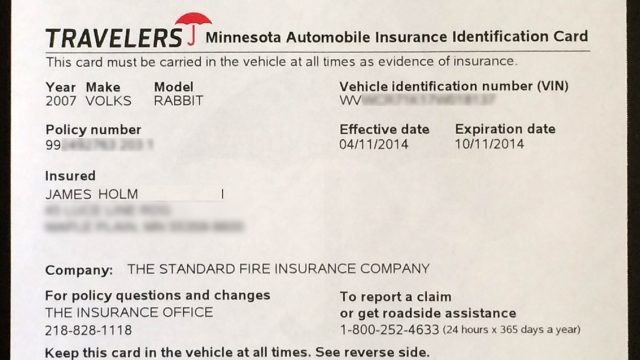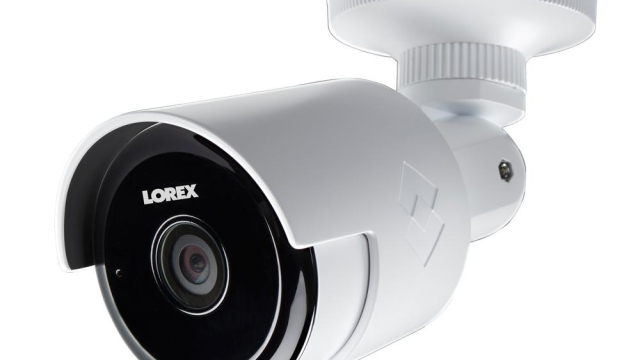Car insurance is an essential aspect of owning a vehicle in today’s fast-paced world. Whether you’re a seasoned driver or just getting behind the wheel for the first time, understanding the ins and outs of car insurance is crucial. But what exactly is car insurance and why is it so important?
Car insurance is a form of financial protection that provides coverage against various risks associated with driving a vehicle. It acts as a safety net, offering financial support in the unfortunate event of an accident, theft, or damage to your car. In exchange for a premium, the insurance company agrees to cover certain costs, thereby mitigating the potentially significant financial burden that can arise from unexpected incidents on the road. From fender benders to total losses, car insurance ensures you’re not left stranded in times of crisis. So, let’s dive deeper into the world of car insurance, exploring its different types, factors affecting premiums, and tips on getting the most comprehensive coverage for your needs.
Understanding Car Insurance
In order to navigate the world of car insurance, it’s important to have a clear understanding of what it is and how it works. Car insurance is a contract between an individual and an insurance company that provides financial protection in the event of vehicle damage, accidents, theft, or other covered circumstances. It essentially works by pooling risks and distributing costs among policyholders.
When you purchase car insurance, you pay a premium to the insurance company based on various factors such as your driving record, the type of car you drive, and where you live. In return, the insurance company agrees to provide coverage for specified losses or damages as outlined in your policy. In the event of an incident covered by your policy, you will typically be responsible for paying a deductible before the insurance company pays the remaining costs, up to the policy limits.
Car insurance policies generally consist of different types of coverage, each serving a different purpose. Liability coverage protects you in the event that you cause damage to someone else’s property or injure someone in an accident. Comprehensive coverage provides protection against damage to your vehicle caused by events such as theft, vandalism, or natural disasters. Collision coverage covers damages to your own vehicle resulting from a collision with another vehicle or object.
Understanding the basics of car insurance is essential for ensuring that you have the right coverage to protect yourself and your vehicle. By familiarizing yourself with the various types of coverage and the terms of your policy, you can make informed decisions when choosing car insurance and rest assured knowing that you have the necessary financial protection in place.
Types of Car Insurance Coverage
There are different types of car insurance coverage that you need to consider when purchasing a car insurance policy. Understanding the various options available can help you make an informed decision about the coverage that best suits your needs. Here are three common types of car insurance coverage:
Compare OptionsLiability Coverage: Liability coverage is the most basic type of car insurance coverage required by law in most states. It provides protection in case you cause an accident and are held responsible for causing injury or property damage to others. This coverage helps pay for the other party’s medical expenses and vehicle repairs. It is important to note that liability coverage does not cover your own medical expenses or vehicle repairs.
Collision Coverage: Collision coverage is designed to cover the cost of repairs or replacement of your vehicle if it is damaged in an accident, regardless of who is at fault. This coverage is particularly important if you have a newer or more valuable car that would be costly to repair or replace. Keep in mind that collision coverage usually comes with a deductible, which is the amount you need to pay out of pocket before the insurance coverage kicks in.
Comprehensive Coverage: Comprehensive coverage provides protection against damage to your vehicle that is not caused by a collision. This includes events such as theft, vandalism, fire, natural disasters, or hitting an animal. Like collision coverage, comprehensive coverage typically comes with a deductible. Having comprehensive coverage is especially valuable if you live in an area prone to extreme weather conditions or a high crime rate.

Understanding the different types of car insurance coverage is essential in helping you choose the right policy for your needs. It is worth considering your own circumstances, such as the value of your vehicle, your driving habits, and your budget, when deciding which coverage options to include in your car insurance policy.
Choosing the Right Car Insurance Policy
When it comes to choosing the right car insurance policy, it’s essential to consider a few key factors. Firstly, evaluate your specific needs and requirements. Take into account the type and value of your vehicle, your driving habits, and your budget. This will help you determine the level of coverage you need and the amount you’re willing to pay for it.
Secondly, research and compare different insurance providers. Look for reputable companies with good customer reviews and a strong financial standing. Request quotes from multiple insurers and carefully examine the coverage options they offer. Pay attention to deductibles, premiums, and any additional benefits or discounts they provide.
Lastly, don’t forget to review the policy terms and conditions. Read the fine print to understand what is covered under the policy and what is excluded. Make sure you are aware of any limitations, restrictions, or obligations that may apply. If there are any areas of uncertainty, don’t hesitate to ask questions and seek clarifications from the insurance provider.
By carefully considering your needs, comparing options, and understanding the details of the policy, you can choose the right car insurance coverage that provides you with the necessary protection and peace of mind on the road.



